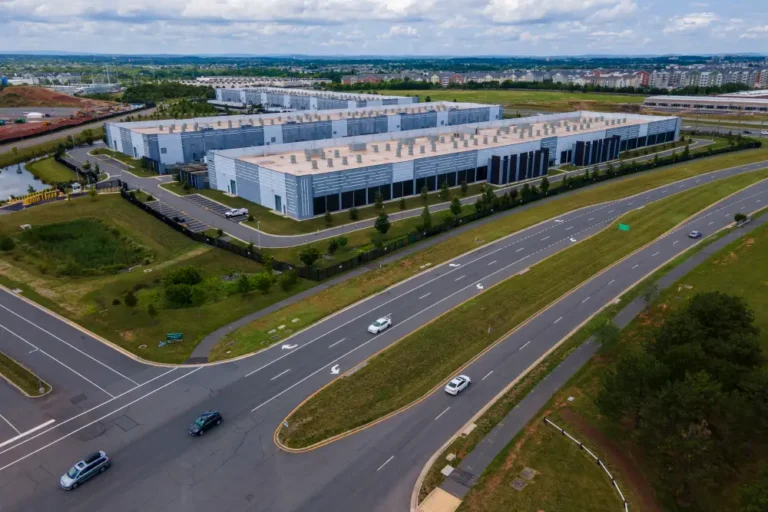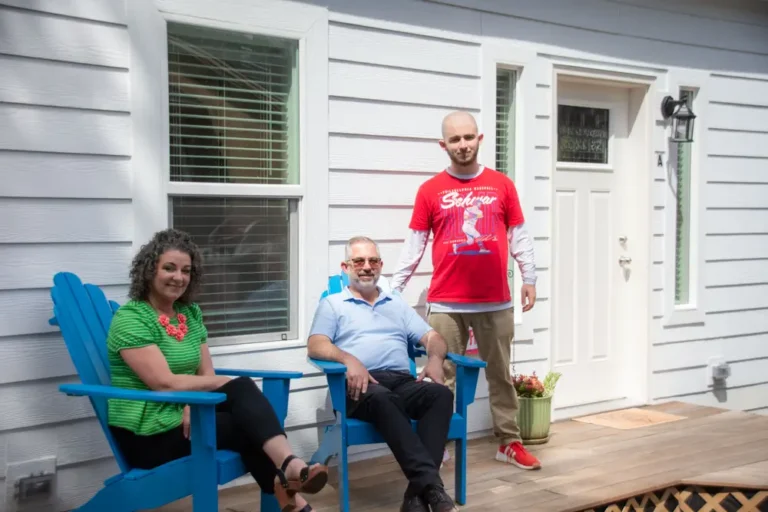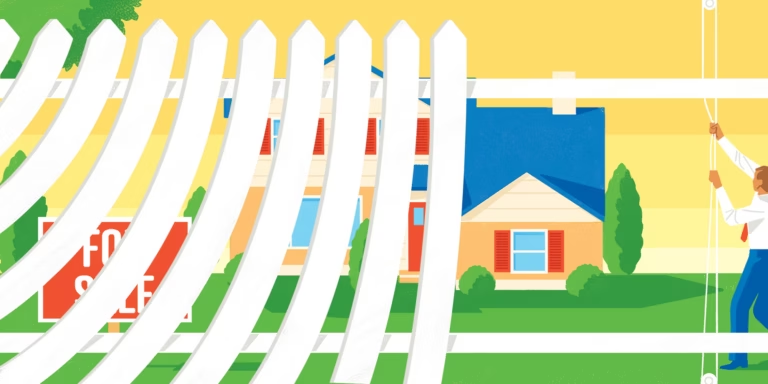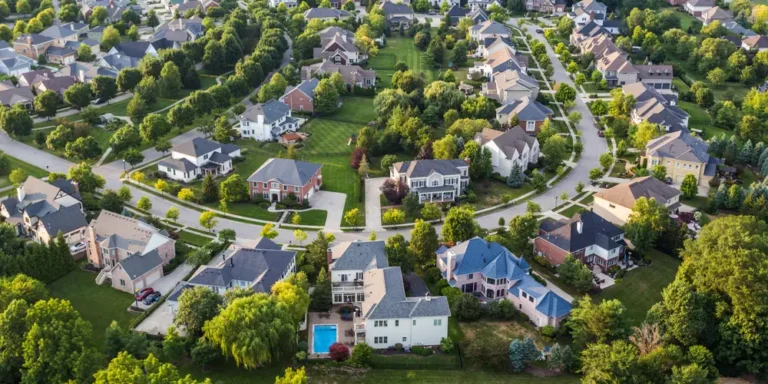A real-estate investor who started with condos explains why they’re ideal for beginners — and why he eventually sold to ‘graduate’ to a different property type

Real estate investor Steve Lewis and his wife Belkis reside in New Jersey.
Steve Lewis stumbled into condo investing, in a way.
The very first condo he bought started as his primary residence. When he upgraded to a single-family home in 2014, rather than sell the condo, he decided to convert it into a long-term rental.
“I’d been wanting to get into real-estate investing. I thought, ‘It’s pretty low risk. I know the community. This is my own unit. Let me try renting it,'” the New Jersey-based investor told B-17. “It was a little bit nerve-racking in the beginning: Now I have two mortgages to support. What happens if I can’t find a tenant? But I had it booked in less than two weeks.”
Lewis, who works in cybersecurity full-time, purchased two more condos that produced positive cash flow for several years. He eventually sold his three investment properties in 2024, which B-17 verified by reviewing his settlement statements.
He found that condos are a great beginner-friendly option for a rookie investor looking to be relatively hands-off.
For starters, a condo typically requires much less upkeep than a single-family home.
“You’re only responsible for inside the unit. Your roofing, your siding, your landscaping, all the common area maintenance is taken care of by the condo association,” he explained. “You don’t have to worry about babysitting it 24/7.”
There are condo fees, he noted, which you’ll want to include in your cash flow calculation (income minus expenses), but as long as you can still generate positive cash flow it’s well worth paying to save you time and headaches down the road, especially if you work full-time and want real estate to feel more passive.
Having a condo association “can feel like you have a partner in the game,” added Lewis. “At least for me, in the beginning, I felt a little bit less nervous because I felt like, all right, it’s not just me in this building. I have a property manager, and they’re responsible for the outside stuff.”
There’s one caveat.
“I do not recommend condos in a complicated building with a lot of amenities,” said Lewis, pointing out that those typically come with higher fees that can change drastically. He cited the 2021 Surfside tragedy when a 12-story condo building in Miami collapsed and resulted in condo associations hiking monthly fees and imposing special assessments, which can add thousands to the cost of ownership. “I recommend condos for the first-time investor, but a simple condo; not a big high-rise condo with pools and elevators and things like that because if those systems break and the association does not have proper reserves, they’re going to divide that cost by all the owners.”
Selling his condos to invest in bigger deals
In 2024, Lewis liquidated his rental properties.
Property values were increasing and “the timing was right,” he said, noting that he followed a guideline: “If you can make more than 10 years of rent, go ahead and sell the property.”
Plus, after a decade of part-time real estate investing, “I felt like I needed to graduate,” he said.
Lewis plans to use the profit from his condo sales to invest in commercial real estate or build affordable housing.
“A commercial property could be a small apartment building — anything over four units is considered commercial — so maybe it’s a small apartment building,” he said. “Or, I want to build a small home or some small property that’s affordable for people. I am surrounded by these mega-properties, people building these big homes that are like $700,000; it’s very rare to see projects that are affordable, smaller homes. There’s a real need for that.”
He recognizes that he wouldn’t be in the position to invest in either without first buying and renting condos.






